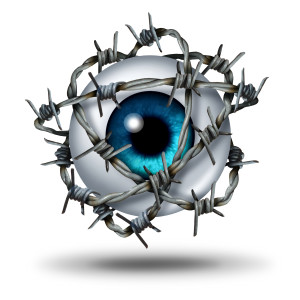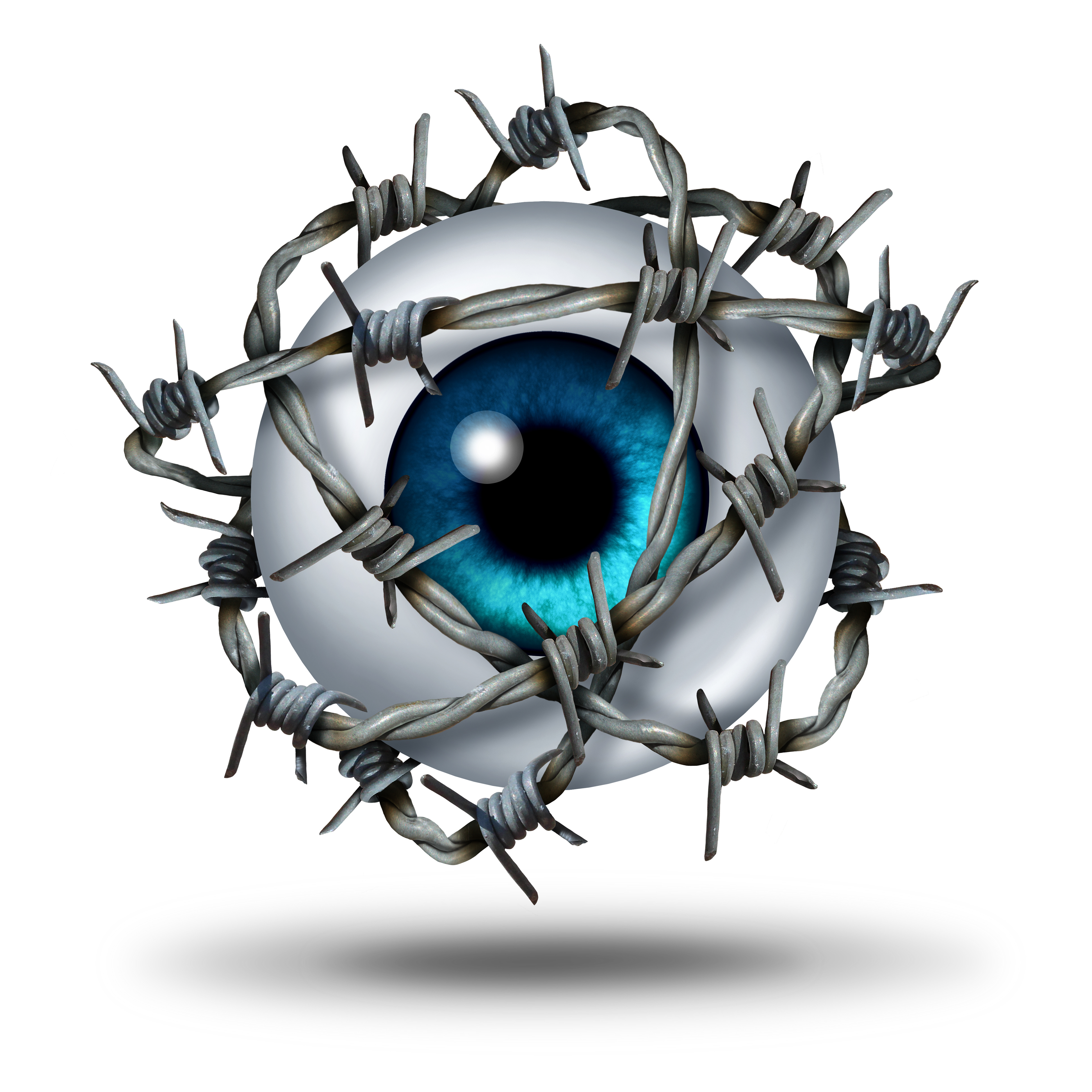When people say, “I’m going to write a <fill in the blank>,” it is amazing how little they know about writing a <fill in the blank>. Most people think that all they need to do is sit down and write!
OK, maybe it is not that bad. A large portion of the population understands that there could be some research involved and that editing and rewrites are necessary.
Let’s think about this some.
- Where do most people do most of their reading these days? On their computer, tablet, smart phone, or e-reader.
- What are most people generally reading these days? Websites (including blogs and social media), magazines and newspapers (generally of the “e” variety”), and the occasional book.
I promise, even the occasional book requires more than just researching, writing, and editing.
What else is involved? Well, you can break it down into two main categories: images and presentation.
Images
For the purpose of simplicity, when I say images here, I mean anything that is not purely text: tables, charts, pictures, and so on.
Why are images important? Well, for the most part, plain text is boring.
But wait, there’s more!
 For all that e-reading we’re doing these days, not only is text boring, it can be painful. Have you ever gotten a headache because you were looking at your computer for too long? You are not the only one. Reading off of a screen is hard on the eyes.
For all that e-reading we’re doing these days, not only is text boring, it can be painful. Have you ever gotten a headache because you were looking at your computer for too long? You are not the only one. Reading off of a screen is hard on the eyes.
Then there’s my justification for not owning an e-reader: studies show that comprehension and retention of content read from a screen is less than when read from paper. Studies have not figured out why that is, but science generally accepts that when I read an actual book, I’ll understand and remember it better than someone who read it off a screen. An image can help improve understanding and retention of a topic – especially technical ones.
Finally, people have short attention spans – especially when reading off a screen. Images help keep people engaged. They break things up, make them more interesting, and satisfy that “Squirrel!” tendency.
How often do you read something online that is totally image free? More to the point, how often do you follow a link because of the image next to it?
Presentation
Since we’re talking about written words, they need to be presented so that people can see (and then read) them.
The most basic form of presentation is formatting. Headers, margins, indenting, bullet and number lists, font, size, bold, underline, page numbers (for actual hard copy), and justification are just a few things to consider.
Also, where are your images with respect to your text? Is the table explaining the content of this paragraph three pages away?
If you are sending a mass e-mail – like a newsletter – are you in compliance with SPAM laws? Yes, there are laws that regulate what you send to your email lists.
Are you giving a PowerPoint presentation? Well, I have a whole other blog just on that topic.
Are you writing for your business? Is it visually consistent with everything else written for your business? Visual consistency lends to your credibility. It subtly tells people, “I have standards, and I keep to them.”
Your writing represents you, how it looks reflects on you just as much as how it reads.

Writing Project Laundry List
Every writing project includes at least some of this laundry list – maybe not all, but definitely some.
So, next time someone says, “I think I’ll write a <fill in the blank>,” make sure they understand the list of things they need to consider. First, there’s the obvious:
- Researching
- Writing
- Editing
- Rewriting
- More research
- More editing
- Did I mention editing?
Then there are those other, insidious little things:
- Charts, tables, graphics
- Pictures (and captions, many pictures need captions)
- Text formatting
- Page formatting
- Slide formatting
- Layout
- Templates for:
- Hard copy
- Presentations
- Email compliance
The good news is that writing projects are at least two-person jobs. (The editor is always someone different.) Getting a little help from friends (or, hiring it) can go a long way to improving the final product.
-Lorrie Nicoles
